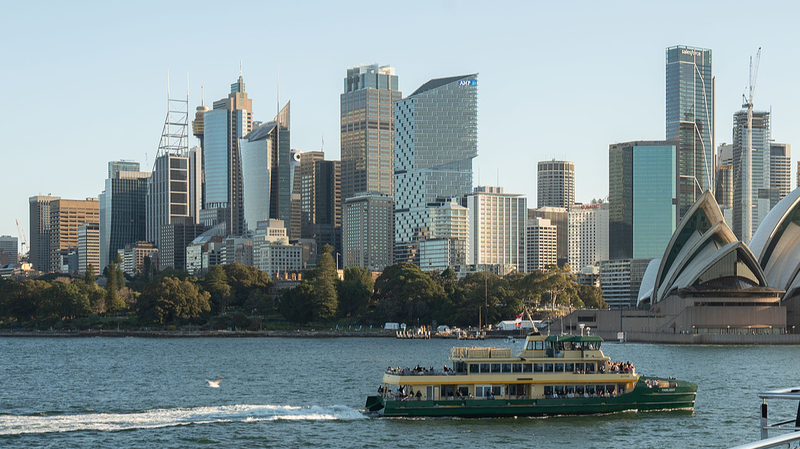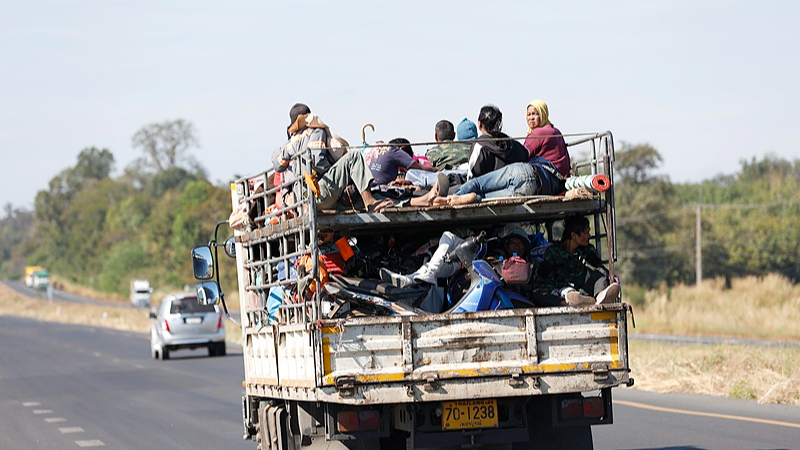In a striking display on Sunday, thousands of Australians took to the streets in cities from Sydney to regional hubs, rallying under the banner of “March for Australia” to demand an end to mass immigration. Organizers on their website argued that mass migration has “torn at the bonds” of local communities, raising alarms about wages, housing, traffic, environmental strains and cultural shifts.
Australia’s diverse makeup—where one in two people is either born overseas or has at least one parent who was—has been celebrated as a strength. Yet the protests reflect simmering anxieties over the impact of rapid population growth and the pace of change in everyday life.
Critics, including Senior Labor Minister Murray Watt, swiftly condemned the rallies as a platform for hate and division. Speaking to Sky News, Watt stated, “We absolutely condemn the March for Australia rally. It is not about increasing social harmony—these events are organized and promoted by neo-Nazi groups.”
This condemnation follows a broader national pushback against right-wing extremism. Earlier this year, Australia enacted laws banning the Nazi salute and prohibiting the display or sale of symbols linked to terror groups, responding to a surge in antisemitic attacks since the outbreak of hostilities in the Middle East.
For young global citizens and business enthusiasts observing from afar, these events in Australia underscore a global trend: the rise of populist movements challenging immigration policies and testing the social fabric of diverse societies. Whether in Europe, North America or Australia, the debate over borders, community identity and economic opportunity is increasingly at the forefront of public life.
As the nation continues to grapple with these tensions, voices from all sides are calling for constructive dialogue. For thought leaders and changemakers, the challenge lies in bridging divides and finding policy solutions that respect both social cohesion and the dynamism that migrants bring.
Reference(s):
Thousands rally in Australia against immigration, government condemns
cgtn.com



